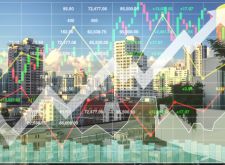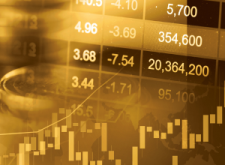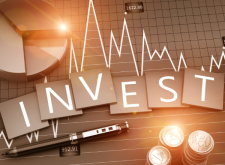We trust Harvest with our future
You should too
It’s your Investment so we make sure it’s all about you.

We trust Harvest with our future
You should too
It’s your Investment so we make sure it’s all about you.
Why Harvest?
Ireland’s Premier Wealth Management Advice Expert
Since its establishment in 1993, Harvest has grown to be one of Ireland’s leading Wealth Management firms helping meet the needs and objectives of our clients through the provision of retirement planning, financial planning and investment advice.




